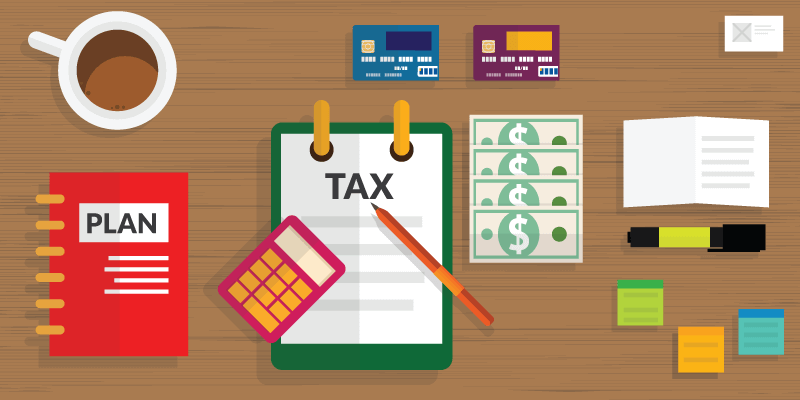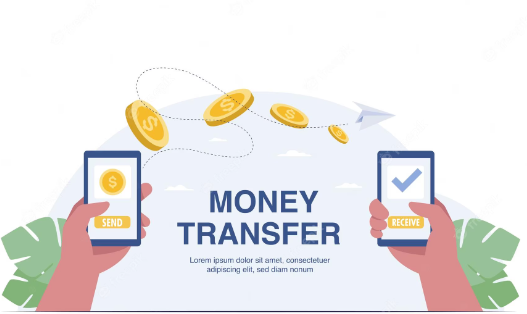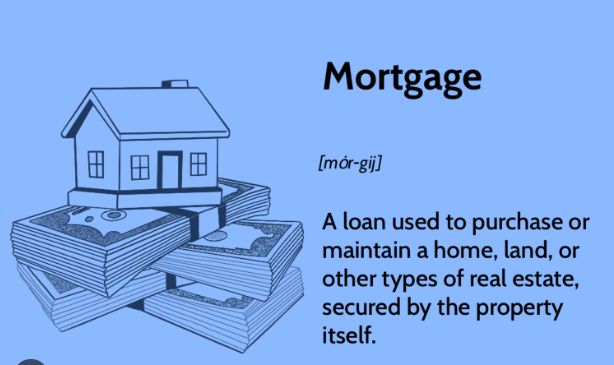Whether you are salaried or self-employed, every year, you may be paying a large amount of money as taxes which eats into your disposable income. Do you know that you could save a lot of the tax outgo by simply planning your taxes well in advance? Tax planning is a way to minimize your tax liabilities by utilizing tax deductions, exemptions, and benefits. Because tax planning aims to reduce your taxes and gives you more income in hand to spend and invest, it is also an important pillar of financial planning.
As we approach the end of this financial year, here are some smart tips to get started with your tax planning well in advance for the next financial year:
- Estimate your taxable income at the start of the year
The first step in tax planning is to estimate your annual income at the start of the financial year. Once you have an idea about your taxable income for the year, you can proceed to the next step of estimating deductions.
- Estimate what you can claim for deduction
From your taxable income, identify components that can be claimed for tax exemptions or deductions. For example, if you are a salaried individual, you may have components in your salary such as House Rent Allowance (HRA) which is exempt from taxes up to a certain amount if you furnish rent receipts from your landlord.
Further, Section 80C of Income Tax Act, 1961, allows deductions up to Rs.1.5 lakh for investments/premiums in various applicable instruments such as unit-linked insurance scheme (ULIP), equity-linked savings scheme (ELSS), National Savings Certificate (NSC), Public Provident Funds (PPF), tax-saving FDs, and so on. Sections 80D and 80E also offer deductions for health insurance premiums and interest on education loans, respectively.
In addition, if you are paying back a home loan, you can claim deductions under Section 24, 80C, and 80EEA of the Income Tax Act, 1961, on home loan principal and interest payments if certain conditions are met.
- Start planning your taxes early
Waiting until the last day of the financial year can result in hurried investments and a huge burden at the end of the year.In a rush to save taxes, you may end up making investments without proper planning and end up locking up your money for greater periods than you intended to. You may not even be able to make investments towards tax-saving due to lack of liquidity. It is, therefore, advisable to start well in advance, preferably at the very start of the financial year so you get adequate time for thorough research before you invest in any tax-saving product.
- Invest in tax-saving instruments
Several tax-saving instruments such as ULIPs, NSC, PPF are available for investment which allow for tax deductions up to Rs.1.5 lakh per annum under Section 80C. It must be borne in mind that all these instruments come with a lock-in period, that is, you cannot withdraw or redeem your investment before the end of the stipulated period.
A tax-saving product that really stands out is equity-linked savings scheme or ELSS Funds. ELSS has the lowest lock-in period of 3 years among available tax-saving instruments. Further, ELSS invests in a diversified basket of equities, which gives you the scope of capital appreciation for long-term wealth creation. The lock-in period also aids compounding. Therefore, you get the dual benefit of tax saving and wealth creation with ELSS.
- An SIP in ELSS makes tax-saving a breeze
If you decide to invest in ELSS through the systematic investment plan (SIP) route, you not only get the benefits of ELSS but also can invest small amounts regularly throughout the year. Thus, your SIP can cover your tax saving target for the year in small instalments without you even realizing it. This eliminates the large investment burden at the end of the year, while giving you the benefits of rupee cost averaging and compounding.
FY21 is almost over!It is time to get smart and plan your taxes as soon as the new financial year begins to avoid last-minute tax-saving hassles.





